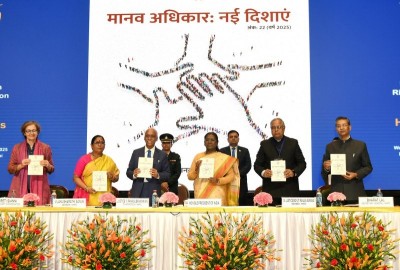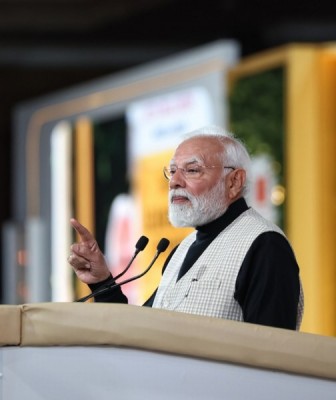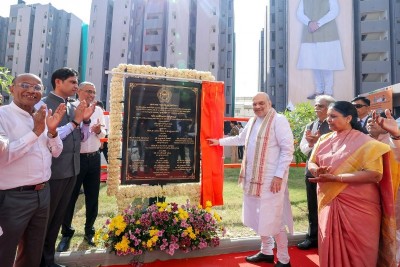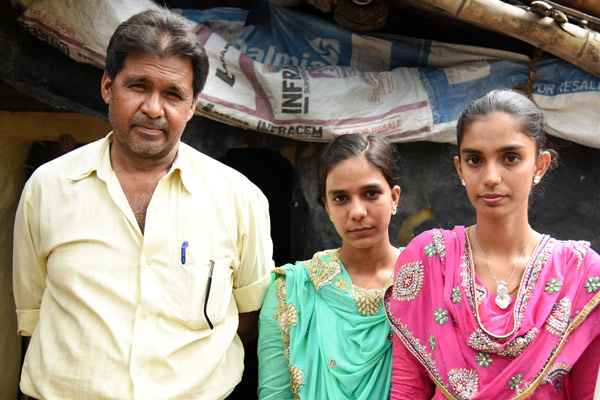
Keeping the spark alive: Mohammed Alauddin – A teacher, and so much more
“It is difficult to bring girls out of their homes in our society. And when it is girls from minority communities like ours, the task becomes much more difficult. This was my biggest challenge. And my first step was to make them believe that they had it in them, that they are special, that they have potential,” says Md. Alauddin, Head Master of the Middle School in Modidih Village of Satgawan Block in Jharkhand.
Modidih, an obscure village situated on the banks of the Sakri river, is populated by Muslim and Scheduled Caste families. Md. Alauddin has been the Head Master in the middle school of the village for the past twenty years. It is a village where, in his own words, a teacher needed to spend more time counselling parents about the importance of education, than teaching the children in the school as recently as in the year 2011.
“I have spent a lot of time individually visiting homes of parents, talking to them about sending their children to school. I had to track every child’s progress and immediately get hold of parents whose children dropped out, in order to get them back to school. Just explaining why they need to get their girls into school was a Herculean task.”
While narrating his story, he started talking about two sisters Saika and Saleha. Born to an orthodox but loving Muslim family after four brothers, these two sisters were leading their lives like any other Muslim girl in their village. For them, it was normal that girls stayed at home, learnt how to handle household chores and got married shortly after they hit puberty. That was life. Until Alauddin Sir made an appearance. Saleha had already been married off at the tender age of 12, and she had come back home, bruised from a terribly abusive marriage. This was when Md. Alauddin managed to counsel the family to send their girls to school. With their father and brothers all working as labourers in Kolkata, the two girls started going to school.
Not only did school help them with their education, Alauddin Sir realised that these two girls are special. Gifted with extremely melodious voices, these two sisters started training in singing under their teacher’s guidance. It was then that Ramadhar Paswan, an excellent singer by himself and the field staff from Rashtriya Jharkhand Seva Sansthan – a project supported by CRY – Child Rights and You – got involved with the school. The rest, as the cliché goes, is history. The two sisters not only went on to win a District Level Singing Competition, but also came fourth at the State Levels.
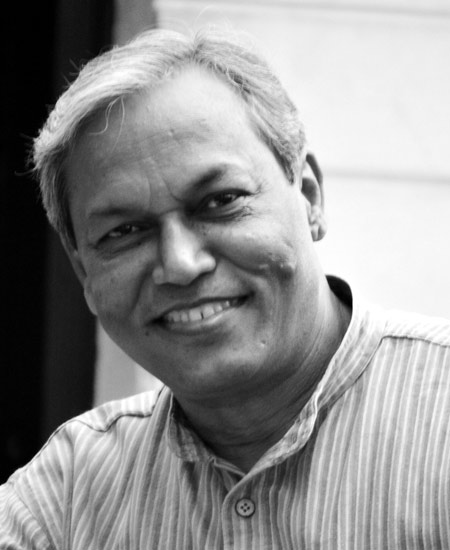
Now, the two sisters, along with their teachers use their talent to spread awareness about the ill effects of child marriage. And yes, they are studying in the eleventh standard and are in no mood to give up on their education any time soon. All because one man dared to go against traditional practices, and inspired them to go to school. And albeit changed the lives of many more such little girls, who would have otherwise been victims of child marriage.
He has proved yet again that when a child drops out of school, the potential of their abilities remains unexplored. It is education ensures that this “spark” in every child is revealed and nurtured further, giving them a platform to shine. Md. Alaudin not only makes sure that each child in his village goes to school, but also helps start off the cycle of positive change. He leaves no stone unturned to spread the message that an educated child is empowered to stand up against exploitation, they then grow up to make better choices for themselves and influence the communities they live in.
When we met this man in the intervention area of one of the CRY supported projects near the border of Jharkhand and Bihar, a very fundamental question was answered. “What is it that keeps us going?” For CRY, it has been a journey of more than thirty seven years, and more than twenty two of these years have been without the living presence of our Founder, Late Rippan Kapur.
"It is not important why I got into this work. What is important is that it needs to be done,” Rippan had said. We now know that his spirit has lived on through the existence of extraordinary people like Md. Alauddin, who are embodiments of this spirit. It is needless to say that people like this are hard to find. But for us at CRY, it is more important that Md. Alauddin is a reality – it is reason enough for us to believe that the future we dream of is a possibility, for it is they, who keep our spark alive.
Support Our Journalism
We cannot do without you.. your contribution supports unbiased journalism
IBNS is not driven by any ism- not wokeism, not racism, not skewed secularism, not hyper right-wing or left liberal ideals, nor by any hardline religious beliefs or hyper nationalism. We want to serve you good old objective news, as they are. We do not judge or preach. We let people decide for themselves. We only try to present factual and well-sourced news.





